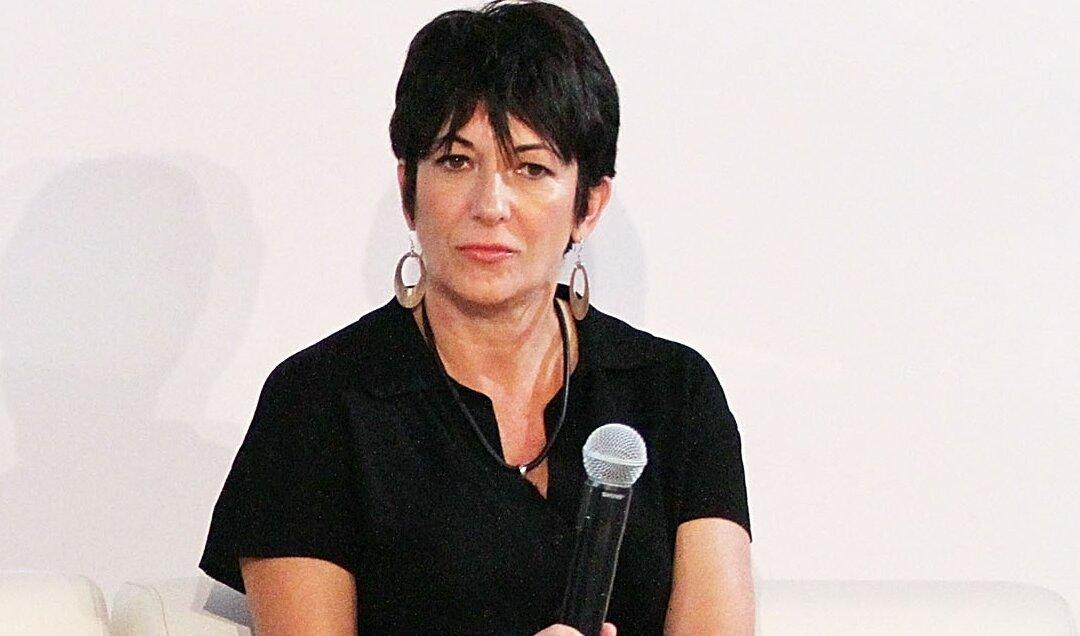A federal appeals court on Sept. 17 dismissed an appeal from Jeffrey Epstein associate Ghislaine Maxwell, finding that a non-prosecution agreement that Epstein reached with prosecutors did not cover Maxwell.
The U.S. Court of Appeals for the Second Circuit also said that Maxwell’s crimes took place within the statute of limitations.





